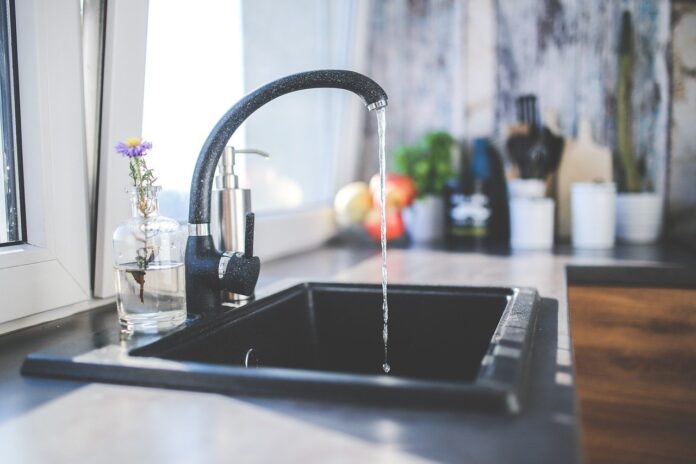Last Updated on November 7, 2020
Everybody’s aware of the importance of regularly drinking water throughout the day, especially when exercising or facing high temperatures. The NASEM (National Academies of Sciences, Engineering, and Medicine) concluded that to maintain optimal hydration, men should consume approximately 3.7 liters of fluids while women only need about 2,7 liters. 20% of that should come from foods that contain water, and the other 80% should be water itself (of course, it can be obtained from other beverages, but water is by far the healthiest option in everyday life). Since you are supposed to drink that much water, obtaining it from your tap is the most practical way to do it. But is it completely safe?
Click on NEXT to find out!
1. How safe is Tap Water?
If you recently moved to a new house, don’t assume its tap water is safe to drink just because it has an ordinary taste. The first thing you should do is try to find out where your water is coming from. If it comes from a public water system, there should be no problems as the municipal sites responsible for your water’s treatment are subject to rigorous control and frequent inspections to make sure they meet a series of safety standards. But even then, problems can happen. Some kind of malfunction in the water supply system could rapidly endanger your water’s quality.
By law, you must be informed of any issue that could impact your health following short-term exposure to contaminated water within 24 hours. But even after the water is properly treated, it still has contaminants – in such low levels that they pose no kind of threat for a healthy person.
However, for people with HIV, pregnant women, transplant patients, children, and people undergoing chemotherapy, tap water is not recommended because even in low amounts, the contaminants still pose a serious threat to them. If, on the other hand, your tap water comes from a private well, you should definitely have it tested. Logically, private wells are not regulated by any official entity.
Thus, if you want to make sure your water is good for human consumption, you must test it and seek a local expert so that he can give you his opinion on the state of your well. The quality of your water will depend on several factors such as the well’s location, how often its maintenance is done, its build quality, and the human activities around your neighborhood (pollution, agriculture, etc.).

































